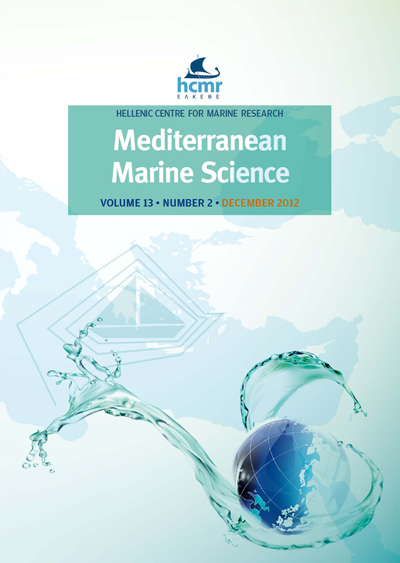Long-Term Water Quality Monitoring at an Industrial Site on the Northern Gulf of Aqaba, Red Sea

Published:
Sep 7, 2012
Keywords:
Aqaba environment water quality monitoring industrial site.
Abstract
The present study focuses on seawater samples collected monthly, for 12 years (June 1998 to December 2010), within the framework of the sustainable monitoring program in front of the Industrial Complex (IC) Aqaba Jordan. In situ measurements of temperature, salinity, pH and dissolved oxygen have been recorded, for three different depths, at six different stations. Also, samples have been collected and analyzed for inorganic nutrients, fluoride and sulfate. The data collected, when compared with the offshore waters, showed the dominance of natural Aqaba seawater conditions for most variables throughout the year. Phosphate concentrations were slightly higher in some sampling events. This, however, did not exert any considerable effect on the environmental quality of the seawater, mainly because anthropogenic phosphate reaching the sea does with the help of the wind in very limited amounts and insoluble form. Also, phosphate is not the primary productivity limiting nutrient in the waters of the
Gulf of Aqaba.
Gulf of Aqaba.
Article Details
- How to Cite
-
RASHEED, M., AL-TRABEEN, K., & BADRAN, M. (2012). Long-Term Water Quality Monitoring at an Industrial Site on the Northern Gulf of Aqaba, Red Sea. Mediterranean Marine Science, 13(2), 250–258. https://doi.org/10.12681/mms.305
- Issue
- Vol. 13 No. 2 (2012)
- Section
- Research Article
Authors who publish with this journal agree to the following terms:
- Authors retain copyright and grant the journal right of first publication with the work simultaneously licensed under a Creative Commons Attribution Non-Commercial License that allows others to share the work with an acknowledgement of the work's authorship and initial publication in this journal.
- Authors are able to enter into separate, additional contractual arrangements for the non-exclusive distribution of the journal's published version of the work (e.g. post it to an institutional repository or publish it in a book), with an acknowledgement of its initial publication in this journal.
- Authors are permitted and encouraged to post their work online (preferably in institutional repositories or on their website) prior to and during the submission process, as it can lead to productive exchanges, as well as earlier and greater citation of published work (See The Effect of Open Access).
Downloads
Download data is not yet available.




